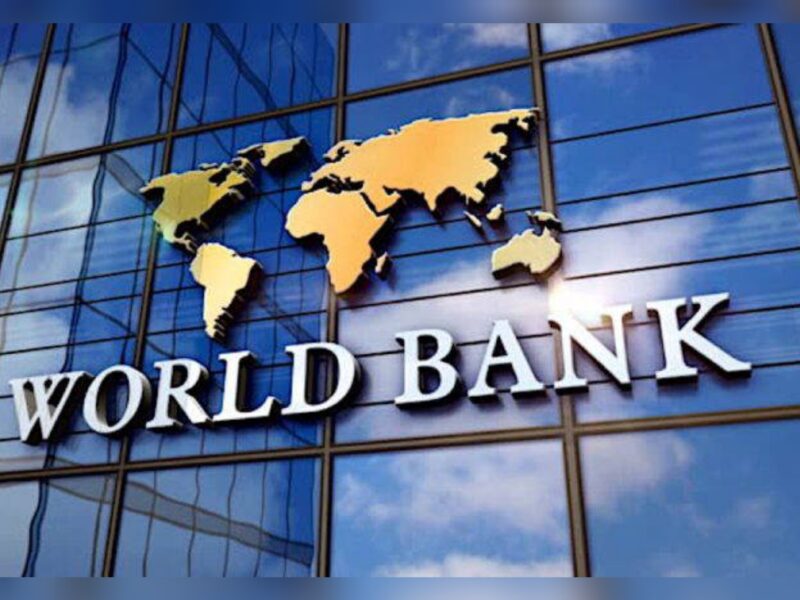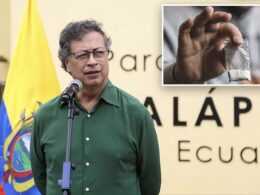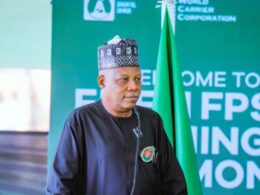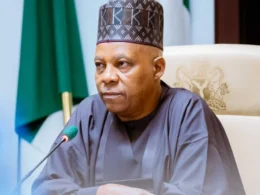World Bank Country Director for Nigeria, Dr. Ndiame Diop, confirmed that several additional projects are in the pipeline for Nigeria this fiscal year, primarily implemented at the state level.
Abuja, Nigeria – The Federal Government of Nigeria is in discussions with the World Bank to secure a $500 million loan to support basic education, as part of the World Bank’s “HOPE for Quality Basic Education for All” initiative.
The project, expected to receive formal approval by March 2025, aims to improve learning outcomes and address the issue of out-of-school children in Nigeria.
According to the Programme Information Document (PID) obtained by REPORT AFRIQUE, the total cost of the project is $554 million, with the World Bank covering $500 million through an International Development Association (IDA) credit. The remaining $54 million will be funded by a grant from the Global Partnership for Education (GPE).
The HOPE-Education project aligns with Nigeria’s Universal Basic Education (UBE) framework, focusing on expanding access to early childhood, primary, and junior secondary education. It is designed to address Nigeria’s educational deficits, notably the 17.1 million children aged 5-14 who are out of school, with an emphasis on tackling regional disparities in school enrollment, particularly between the northern and southern parts of the country.
The Federal Ministry of Finance will lead the project’s implementation, working in partnership with the Federal Ministry of Education and the Universal Basic Education Commission (UBEC).
The loan will be used primarily to improve teaching quality, support community-based schools, and provide grants for better management and infrastructure.
The HOPE initiative also aims to enhance foundational literacy and numeracy skills among children, incentivize state-level education reforms through performance-linked grants, and integrate data systems to monitor progress. Under the Programme-for-Results financing model, states will have flexibility in designing and implementing projects that align with the operation’s objectives.
The loan is part of Nigeria’s broader Human Capital Development strategy, which aims to build an educated and productive workforce by 2030. The funds will complement existing programs like the National Home-Grown School Feeding Programme, which seeks to reduce financial burdens on parents and improve school attendance.
The initiative also targets closing gender gaps and increasing school enrollment in remote and underserved communities. The HOPE-Education project is the third of three related operations, following the World Bank’s approval of $500 million for HOPE-GOV and $570 million for HOPE-Primary Health Care (PHC) on September 26, 2024.
As Nigeria’s debt to the World Bank grows, the country has become the third-largest debtor to the World Bank’s International Development Association, owing $16.5 billion as of June 30, 2024, up from $14.3 billion in the previous fiscal year. The World Bank has expressed its continued commitment to supporting Nigeria with both loans and technical assistance to ensure the successful implementation of ongoing reforms.
World Bank Country Director for Nigeria, Dr. Ndiame Diop, confirmed that several additional projects are in the pipeline for Nigeria this fiscal year, primarily implemented at the state level. Diop emphasized the importance of both financing and technical support in ensuring the success of the projects.










Join our Channel...